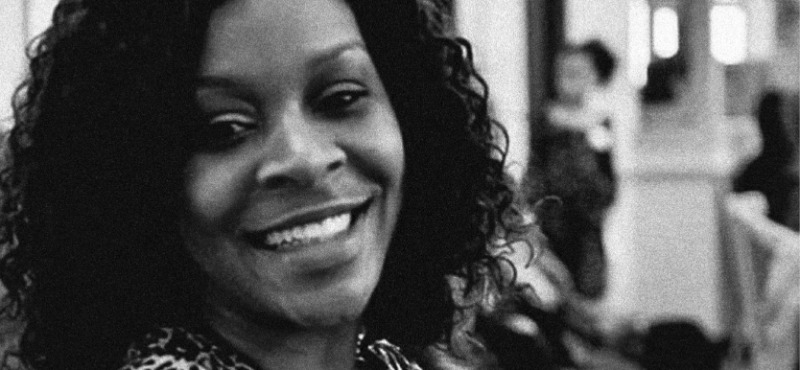In 1936, the legendary attorney Theodore “Ted” Koskoff flung his firm’s doors open with the idea that lawyers are “the hair shirt to the smugness and complacency of society.” His concept—that lawyers have a responsibility to advocate for individuals in the face of apathy or indifference to the abuses of institutional power—is as alive today as it was back then. For more than 80 years, Koskoff, Koskoff & Bieder has stood as a stalwart protector of the individual against government, corporate, and institutional power and their wrongdoings.
“My father was always very socially minded in terms of the law,” says attorney Michael P. Koskoff, who joined the firm at the beginning of the civil rights movement and who, early on and alongside his father, defended the Black Panthers in a historic New Haven trial. “It helped cement what I would do, which was become quickly involved in representing minorities, in particular, who were having problems with the police.” Indeed, the firm has been at the epicenter of some of the most pivotal civil rights cases in history involving racial discrimination in police forces.
With that kind of legacy, it’s no wonder the best and brightest plaintiffs’ attorneys are driven to the firm, which, alongside its civil rights practice, has best-in-class medical malpractice, birth and other catastrophic injury and product liability practices. Attorney Antonio Ponvert III joined Koskoff in 1999 after several years in San Francisco where he honed his advocacy skills by taking on prisoners’ rights cases and a wide variety of matters involving constitutional violations and other abuses of power. Ponvert is today considered one of the region’s preeminent civil rights attorneys, carrying forward the torch that Ted Koskoff lit.
“The first prisoners’ rights case I did at Koskoff was for the family of a mentally ill man who was killed by guards in a ‘takedown and restraint’ maneuver that was all caught on video,” recalls Ponvert. Ultimately, he resolved the case and recovered $3.2 million from the State of Connecticut for the victim’s family, which, at the time, was the largest settlement ever in a prisoners’ rights case in the state.
It was a watershed moment for Ponvert, who recalls a sobering conversation he had during settlement discussions with the attorney general’s office and a federal judge. “They said the average value of an inmate death is in Connecticut is $50,000,” says Ponvert, who is often tapped by federal courts to do pro bono cases for victims of police brutality. “My reply was that they had a lot of catching up to do.”
The bulk of Ponvert’s caseload now involves the representation of victims of sexual assault or abuse, most often against the schools, religious institutions, or organizations that enabled or hid the abusers. That there’s now a high-profile national conversation surrounding the topic is heartening, though Ponvert knows there’s still much work to be done. “It’s had a huge effect on what we do, and almost all of it positive,” he says. “Victims now know they can come forward, that they will be believed, and that in civil and criminal courts there is a process for achieving justice.”
For Ponvert, the pursuit of justice for sex-abuse victims—many of whom, as adults, have suffered the emotional burdens associated with what happened to them—is about easing their suffering. “This process can be cathartic and empowering to our clients,” says Ponvert, who has achieved multi-million dollar verdicts and settlements for sex-abuse victims, including $20 million against a rabbi in a high-profile case. “The courts are certainly better educated now about these cases by virtue of the fact that they’re gaining notoriety.” On the flip side, educating jurors about the psychological damage and the complexity of the inflicted trauma is challenging; voir dire becomes supremely important.
Equally important is the journey to resolution itself, which is true for all of the firm’s clients, regardless of why they have sought representation. “It’s incredibly fulfilling as a human being to seek justice for another human being for what is, in almost all cases at Koskoff, the most tragic thing that has ever happened to them,” says Ponvert. “To be with them during the process of becoming free from their burden is an incredible experience. More than anything else, that’s what I want the jury to see—that it is admirable for a victim to come forward and tell their story, and that it is an honor, as a juror, to be part of the process. What a gift it is to be part of the group that delivers justice.”
If you or a loved one need legal representation, use the Best Lawyers Find a Lawyer tool to connect with experienced attorneys who can help guide you through your case.






















